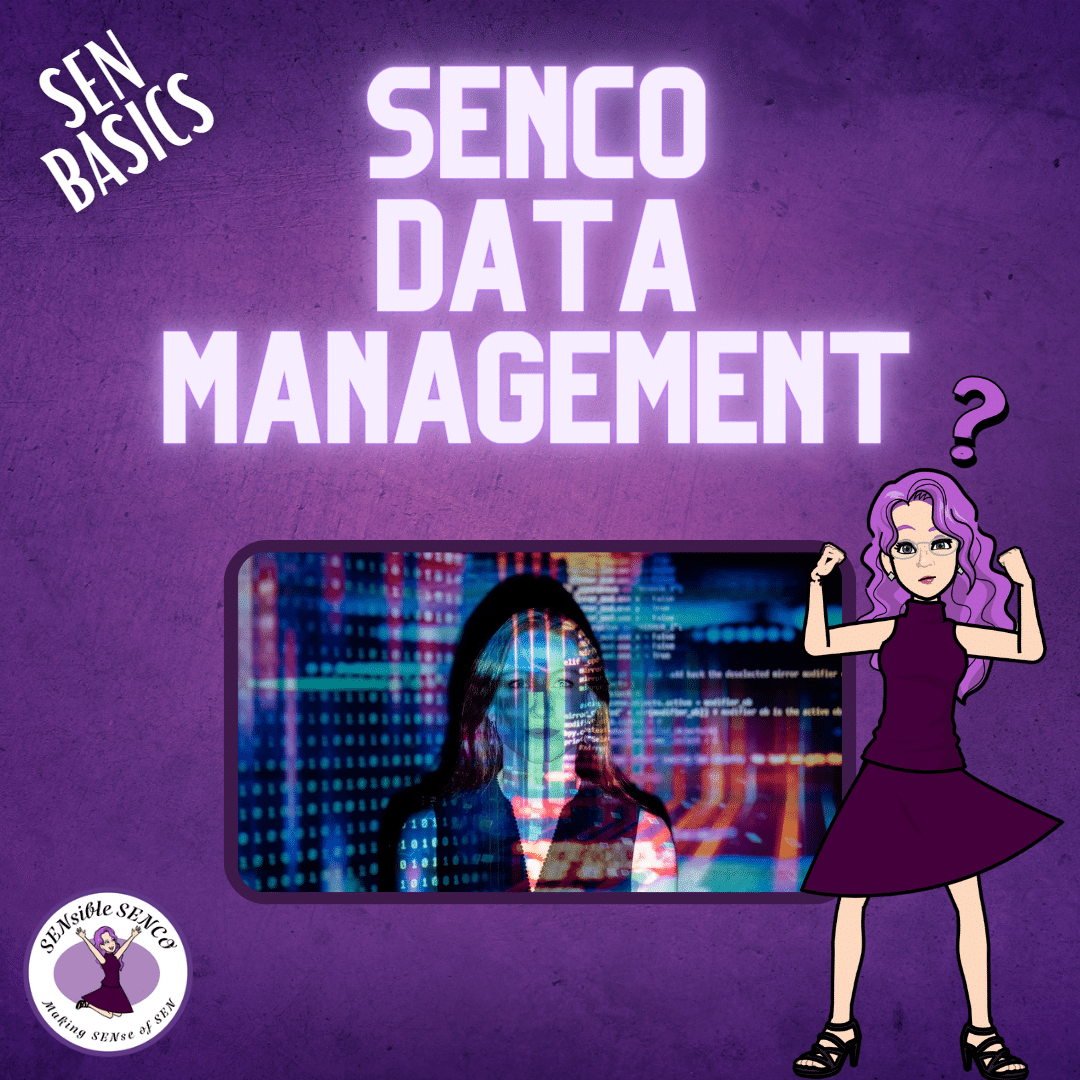SENCO Best Practices: Strategies for Effective Special Educational Needs Support
Introduction
As a SENCO, your role is multifaceted, ranging from assessing students with special educational needs to coordinating and implementing interventions to support their learning and development. In all of these endeavours, data management is crucial to ensure that you are making informed decisions and tracking progress effectively.
Managing data can be overwhelming, especially if you are dealing with a large number of students with different needs and requirements. In this article, we will share some strategies and tips to help you manage data efficiently and effectively.
Understanding Data Management for SENCOs
• Student profiles and assessment data
• Intervention plans and progress tracking
• Communication with parents, teachers, and external agencies
• Budgeting and resource allocation
Effective data management involves organizing and analysing this data to inform decision-making, evaluate progress, and improve outcomes.
Strategies for Efficient Data Management
Having a clear and consistent system for organising data is essential for efficient data management. This includes creating a standard format for data entry and storage, using clear and descriptive labels for files and folders, and establishing protocols for sharing data with relevant stakeholders.
There are many digital tools and software programs available to help SENCOs manage data efficiently. This includes specialised SEN software like Provision Map, which can help with assessment, tracking, and communication, as well as more general tools like Excel and Google Sheets for data entry and analysis.
Data collection and analysis are time-consuming tasks, but they are crucial for informed decision-making and progress tracking. Prioritising these tasks and dedicating specific times each week or month to data management can help prevent the accumulation of a backlog of data and ensure that you are up to date with your responsibilities.
Effective data management requires collaboration with other stakeholders, including teachers, parents, and external agencies. By working together and sharing data, you can ensure that everyone is informed and up to date, and you can avoid duplication of effort.
Strategies for Effective Data Use
Data can provide valuable insights into student progress and areas of difficulty, allowing SENCOs to identify areas for improvement and develop targeted interventions. By analysing data regularly, you can identify trends and patterns that can inform decision-making and help you adjust interventions as needed.
Tracking progress and evaluating the effectiveness of interventions is critical to ensuring that you are meeting the needs of your students. By using data to track progress over time, you can identify areas of success and areas where more support is needed. This can help you adjust interventions and ensure that students are making progress towards their goals.
Data can also be used to inform communication with stakeholders, including parents and teachers. By sharing data on student progress and areas of difficulty, you can provide targeted support and ensure that everyone is working together towards the same goals.
Finally, data can be used to advocate for student needs and secure additional resources and support. By presenting data on student progress and areas of difficulty to external agencies and funding bodies, you can demonstrate the need for additional resources and funding to support student learning and development.
Conclusion
FAQs
A: SENCOs should prioritize collecting and analysing data related to student progress and areas of difficulty, including assessment data, intervention plans, and progress tracking.
Q: How often should SENCOs dedicate time to data management?
A: SENCOs should dedicate time to data management regularly, at least once a week or month, to prevent the accumulation of a backlog of data and ensure that they are up to date with their responsibilities.
Q: What should SENCOs do if they are struggling with data management?
A: SENCOs who are struggling with data management should seek support from colleagues, supervisors, or external agencies. They can also explore digital tools and software programs that can help streamline the process.

Abigail Hawkins FCCT
Director of SENDCO Solutions
Abigail Hawkins was a SENCO for over 25 years and has worked with pupils with all types of needs. Abigail has worked with Ed-Tech companies on developing their software and also been chair of governors for a multi-academy trust. Abigail now runs SENsible SENCO and SENDCO Solutions, with the aim of working with SENCOs and inclusion leaders across the UK to improve their support for SEND pupils. See our school services for more information.




